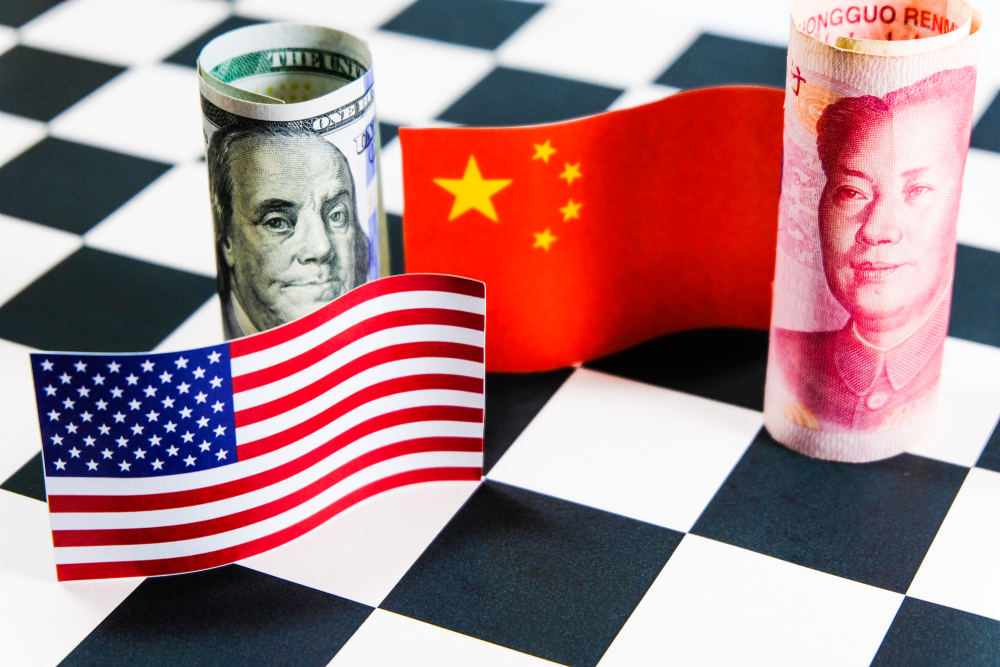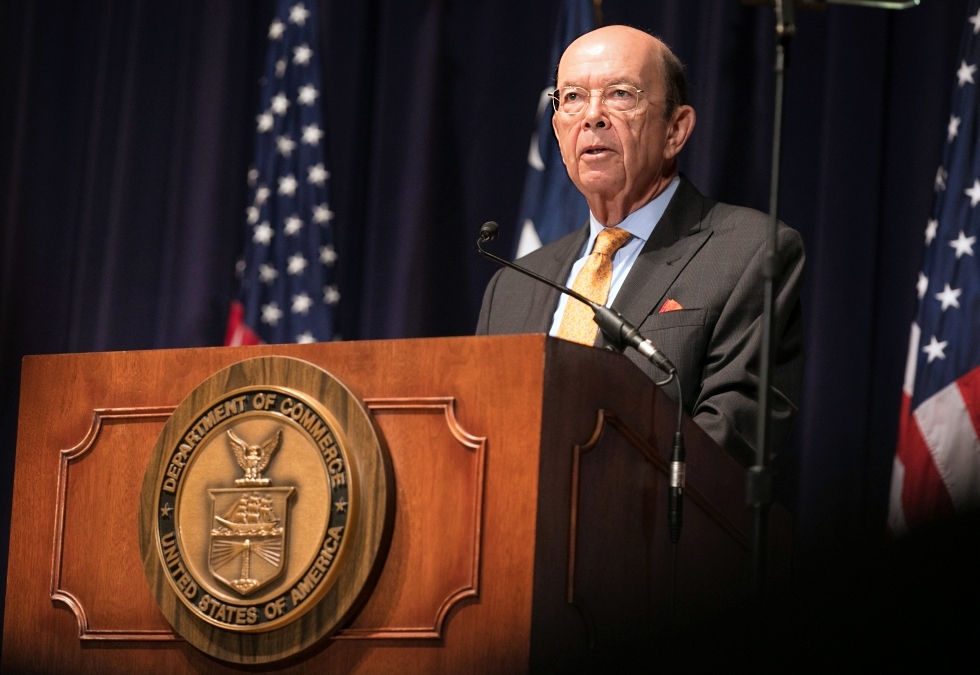China’s Weak Economy Gives US Upper Hand in Trade War: Trump Admin

Source: Shutterstock
China’s well-known fears of social instability as a result of worsening economic conditions could be used to the advantage of the United States in the trade negotiations, U.S. Commerce Secretary Wilbur Ross has indicated.
This comes as trade talks between the world’s two biggest economies entered a new stage on Monday in Beijing.
Speaking to CNBC, Ross indicated that China is having a problem creating the millions of jobs that are required by its unemployed rural citizens flocking to cities and this was raising fears of social unrest:
That creates a real social problem. That’s a very disgruntled group of people.
Ross is not the only one who holds this view. President Donald Trump has also said that the current economic conditions in China give the U.S. leverage.
Nonfarm Payrolls Point to US Growth

Speaking at a news conference late last week after Nonfarm Payrolls jobs report showed that 312,000 jobs had been created against an estimate of 184,000, Trump pointed out that China was “not doing very well now” and said the job gains had put the country in a “very strong position” ahead of the trade negotiations.
Again on Sunday, Trump added that China’s economic performance in the recent past would make them eager to reach a deal.
According to Ross, the other advantage that the U.S. currently enjoys besides a booming jobs market include the fact that China is more dependent on it as a market for its exports than the United States is on China.
Ross also rebuffed arguments that the lowered first quarter guidance put out by iPhone maker Apple last week was as a result of the trade wars as “no tariffs [were] put on Apple products.” In his communique last week, Apple CEO Tim Cook cited lower-than-expected sales in its biggest market outside the United States.
China Struggles Send Apple to 18-month Low
The revised guidance saw Apple shares tumble by close to 10% to hit a session low of US$142.12 per share on January 3 from a monthly high of US$158.43. Currently, shares of Apple are trading at around US$146, a level which was last touched in July 2017.

Not everyone, however, is convinced that the U.S. has the upper hand in the trade negotiations. Trade expert at Ivy League Cornell University, Eswar Prasad, told the New York Times that there were developments in the U.S. economy which had changed the dynamics in what would have been lop-sided negotiations:
The balance of leverage appeared to have shifted in favor of the U.S., with signs that China’s economy was slowing down, but the stock market rout and concerns about a U.S. growth slowdown have restored a more even balance between the two sides.
Featured Image from Shutterstock. Price Charts from TradingView .